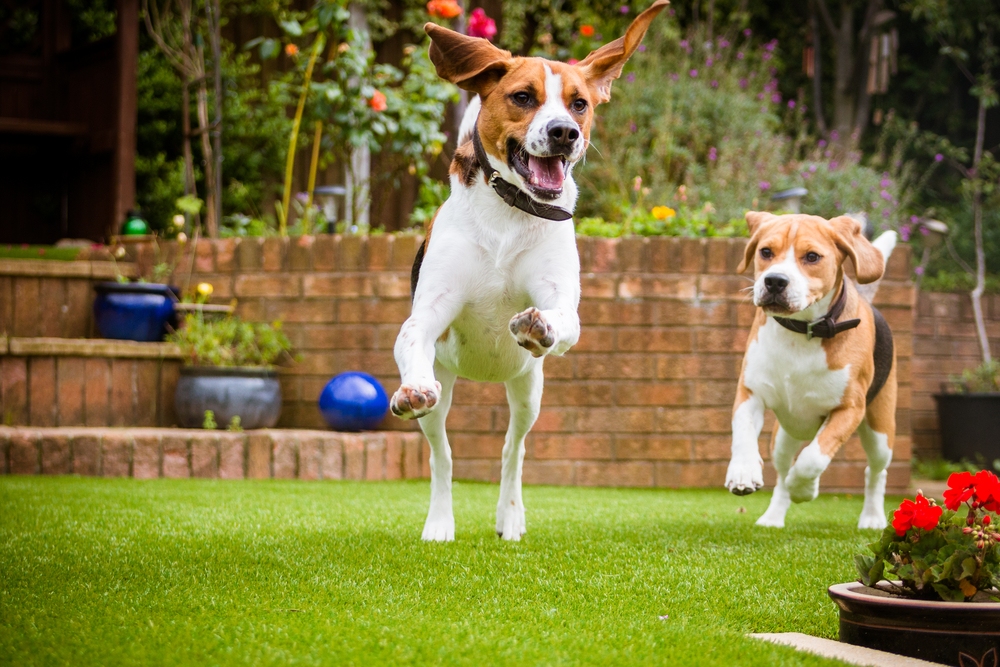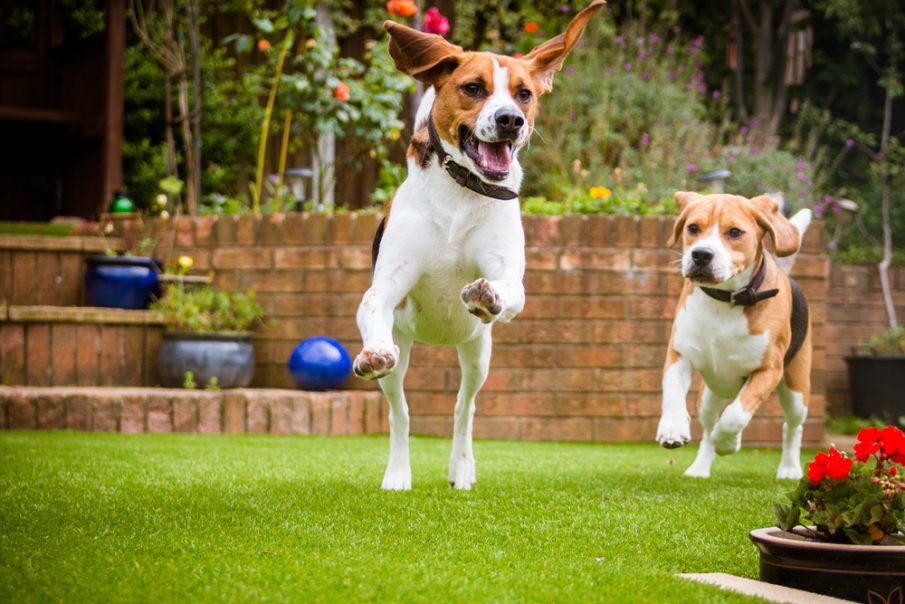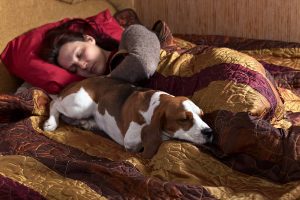Pet parents are being urged to make their back garden pet friendly and more enjoyable for their four-legged friends this summer.
Green-thumbed experts at GardenBuildingsDirect.co.uk have explored nine helpful ways to help protect pets from the dangers of an enclosed outdoor space.
The garden is a pet’s favourite place to relax and roll around, but many find themselves in hot water when they accidentally step on a bee or a sharp object.
Making sure all possible escape routes are blocked and the garden fences aren’t sharp to touch are just some of the ways to make the area more pet friendly.
A spokesperson from GardenBuildingsDirect.co.uk said: “We wanted to provide gardeners with helpful tips to create the perfect outdoor space for their loveable pets.
“It’s important to prioritise a furry friend’s safety in the garden, so it’s vital to make sure there are no poisonous plants lurking about and to make sure any harmful insects are removed before causing any injuries.
“The most surprising part is that many pet owners are unaware how easy it is for pets to escape or get harmed in a garden, so we wanted to share the best ways to prevent this from happening.”

Here are the top tips from GardenBuildingsDirect.co.uk to make your back garden more pet friendly:
Remove Poisonous Plants
While flowers are gardeners’ pride and joy, some of the beautiful plants can be potentially hazardous to pets if they get too close to them. Ivy, day lilies and hydrangeas are some of the most common plants you need to remove to avoid dangers if you have pets around.
Designated Cooling Area
Making a cooling area for pets will help them keep relaxed and enjoy the weather without getting too hot during a heatwave. This could be created by making shade in the garden or a water feature where they can instantly cool down.
Reasonable Places To Climb
A must-have for adventurous cats. Having a log to climb is perfect for the cats to jump on and scratch with their claws, but make sure it’s balanced correctly and isn’t too accessible for other household pets to potentially escape.
Block Escape Routes
Have a look round the garden to spot any potential exit points. If there’s a gap in the fence or if the garden gate is loose, it’s best to get it fixed promptly. Pets won’t hesitate to find any potential gaps as a way out of the back garden.
Have a Pet Friendly Fence
It’s vital to keep the animals secure in the garden, but also making sure the fence won’t hurt them if they try to jump around. Homeowners can opt for a classic feather board style and place rocks at the bottom to prevent any digging.
Sort Out The Bees And Wasps
To prevent pets accidentally getting stung, you can go down the professional route by calling in the beekeepers or take them on yourself by creating a homemade vinegar spray. Mix equal amounts of water and vinegar and then spray over potential nesting areas.
Smooth Sharp Edges
Making sure the garden sheds haven’t got any rusty nails sticking out or extremely sharp edges of landscaping will help protect pets from any injuries. To do this, stop and visually analyse where your pets could harm themselves and then smooth out the sharp corners.
Doggy Play Area
It’s not just about keeping the pets safe, but it’s also to make the space most enjoyable for them to play in. A toy chest with their favourite treats and balls in means the family favourite can have endless hours of fun.
Hold Off Weed Killer
While weeds are the top pest in the garden, it’s important to not needlessly place weed killers across the whole garden when animals are around. If they lick or sniff any of the glyphosate from the substance, then it can lead to heart rate troubles and breathing difficulties.






